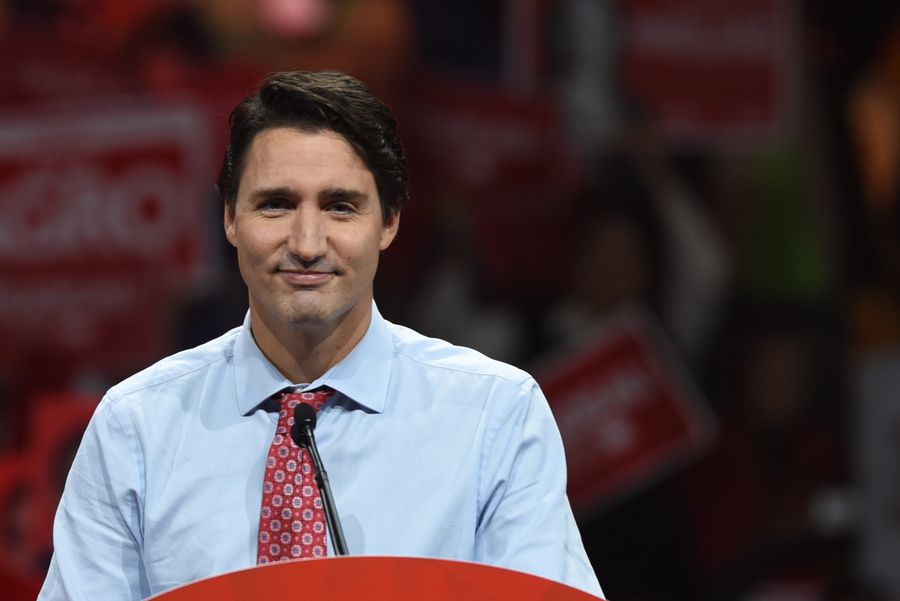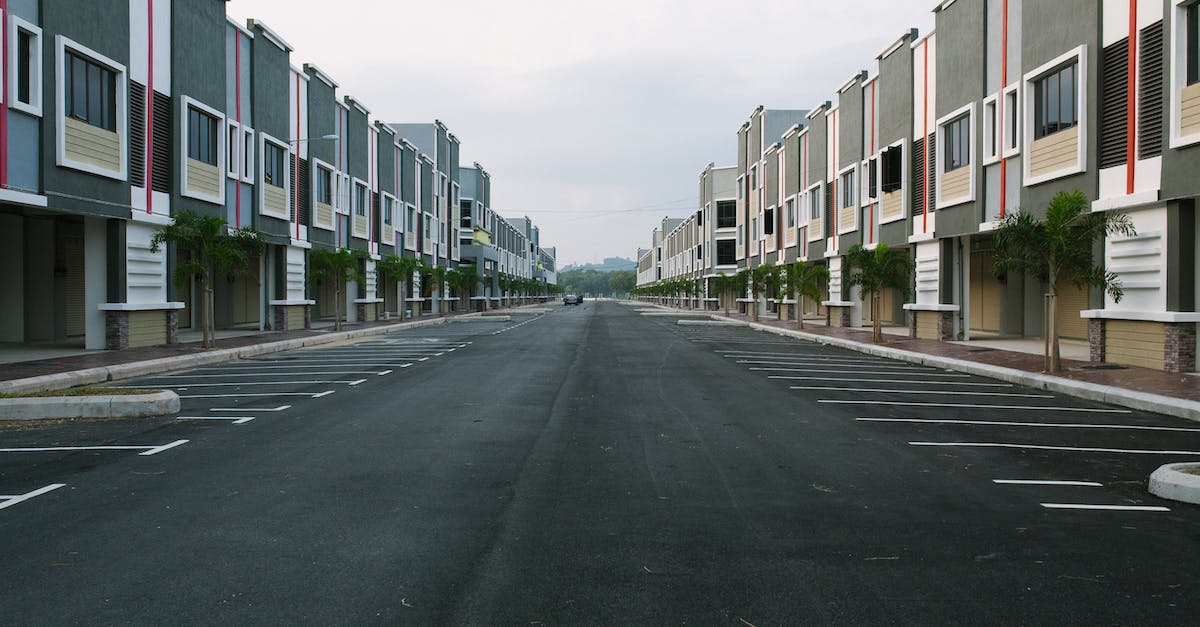Last Updated on October 24, 2023 by Neil Sharma
As expected, the federal budget released Monday afternoon contained measures to, at least ostensibly, cool runaway prices in Canada’s housing market.
Most notably, the government is introducing a 1% tax on non-residents that’s believed will generate $700 million in revenue through four years beginning in 2022-23. Additionally, the budget will apportion the Canada Mortgage and Housing Corporation with funds that will be spent on social housing programs.
“The government has a plan to invest $2.5 billion, and reallocate $1.3 billion in existing funding to speed up the construction, repair, or support of 35,000 affordable housing units. And, the government will introduce Canada’s first national tax on vacant or underused residential property owned by foreign non-residents,” said a federal government statement.
However, at 1%, the non-resident tax is nominal and, therefore, too meek to make any sort of difference in the housing market, charges a wealth advisor, adding that, on a $1 million home, the tax amounts to a paltry $10,000.
“It’s probably not going to cool housing because if people are speculating on real estate, I don’t know that 1% is much of a deterrent,” Paul Shelestowsky, a senior wealth advisor with Meridian Credit Union, told CREW. “They’ll just factor 1% into what they want to get on their returns. It will generate revenue for the government because it wasn’t there before, but I don’t see it slowing things down because there’s so much demand for so little supply.”
Ultimately, creating more demand for housing will exacerbate unaffordability, and Shelestowsky believes that raising interest rates is the only way to quell scorching demand. However, he noted that rate hikes would undo everything that’s sustained the economy for the last 12 months.
Low interest rates aren’t the only reason Canadians are buying real estate in a frenzy. The COVID-19 pandemic has adversely affected lower income earners, but for the middle and upper-middle classes, it’s been fortuitous. The Canadian savings rate has surged 28% and there’s believed to be close to in the country’s households, which, in tandem with low interest rates, has sparked a housing rush. But things could become dicey when that excess cash is rapidly injected into the economy.
“What has economists worried is all this stimulus out there; the vaccines are rolling out, so we could see something in three to six months where people have all this extra money to spend and they may want to go on trips again, but when they spend their excess savings, it drives prices up and that creates inflation,” said Shelestowsky. “The way you slow inflation down is by raising interest rates.
“It’s a big paradox because Canadian savings has gone up by 28%, and that’s money that will create price pressure when it’s deployed. All the money sitting on sidelines is why the housing market won’t slow down—because interest rates are so low and people are sitting on all kinds of cash.”
Neil Sharma is the Editor-In-Chief of Canadian Real Estate Wealth and Real Estate Professional. As a journalist, he has covered Canada’s housing market for the Toronto Star, Toronto Sun, National Post, and other publications, specializing in everything from market trends to mortgage and investment advice. He can be reached at neil@crewmedia.ca.









